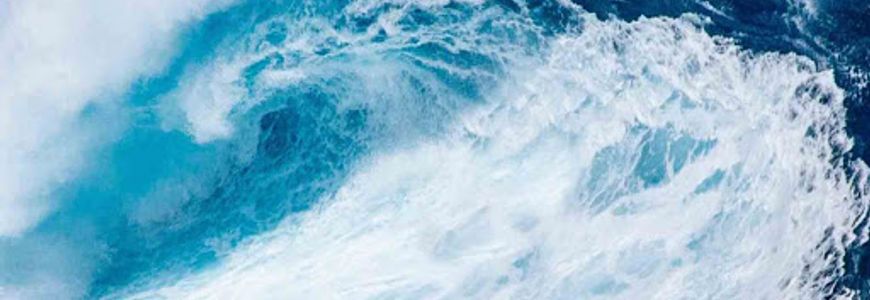Earthquakes and Tsunamis
Contemporary Science Issues and Innovations
April 12, 2016 Belmont Media Center, Belmont MA
John Ebel, Ph.D., Professor and Department Chair, Dept of Geology and Geophysics, Boston College, and Director of Boston College’s Weston Observatory. Professor Ebel is an expert on seismology and is noted for his research on the faultline at the edge of the continental shelf off the northeastern Atlantic as well as other areas.
In this discussion, Dr. Ebel explains the geological forces that cause earthquakes and the areas on the planet most vulnerable to tsunamis. We learn how seismologists track earthquake-prone areas of the planet and how they predict the possibility of tsunamis.
Dr. Ebel’s research focus is primarily earthquake patterns in New England and vicinity, although he has also published papers on earthquake activity in other parts of the United States and other nations. He has conducted extensive research on methods for earthquake hazard computation and earthquake forecasting. He has been a consultant on seismic hazard and nuclear test ban treaty monitoring issues for government agencies, including Argonne National Laboratory, the U.S. Nuclear Regulatory Commission and Lawrence Livermore National Laboratory. And he has been a consultant on seismic hazard for over 20 major engineering projects in the US and other countries.
Dr. Ebel is a member of the American Geophysical Union, the Seismological Society of America, and the Earthquake Engineering Research Institute. He has served on National Research Council panels on studies concerning seismic hazard and low-level radioactive waste siting. He served as editor-in-chief of Seismological Research Letters, published by the Seismological Society of America, from 1994 to 2001. From 2008-2010 he was a member of the Editorial Committee of the journal EOS. He has received distinguished awards for his research and service.

